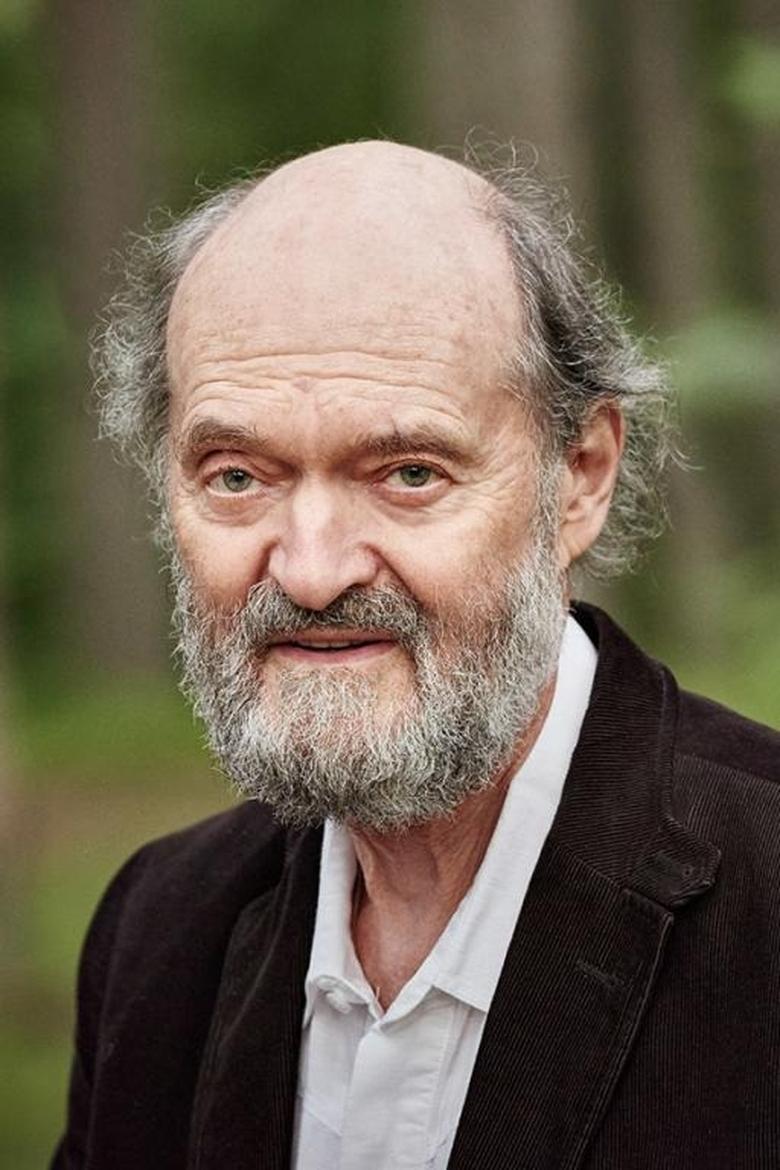
Arvo Pärt
1935-09-11
Biography
Arvo Pärt (Estonian pronunciation: [ˈɑrʋo ˈpært]; born September 11, 1935) is an Estonian composer of classical and religious music. Since the late 1970s, Pärt has worked in a minimalist style that employs tintinnabuli, a compositional technique he invented. His most performed works include Fratres (1977), Spiegel im Spiegel (1978), and Für Alina (1976). From 2011 to 2018, Pärt was the most performed living composer in the world, and the second most performed in 2019. The Arvo Pärt Centre, in Laulasmaa, was opened to the public in 2018. Pärt's music is in part inspired by Gregorian chant.
Also appears in
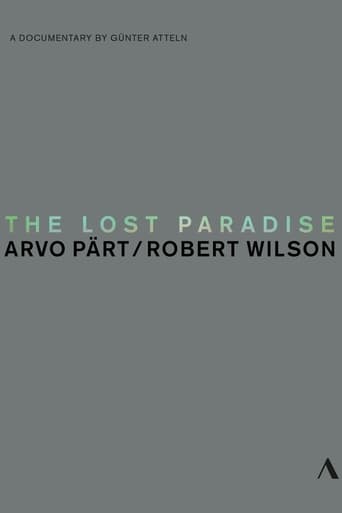
The Lost Paradise
Not yet rated
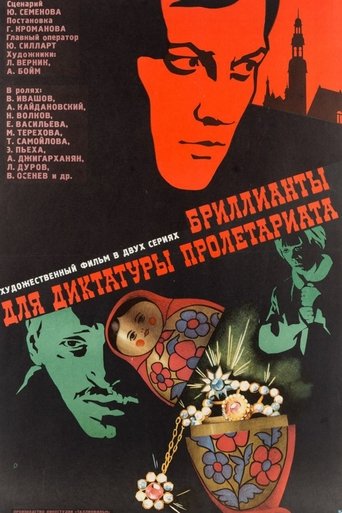
Diamonds for the Dictatorship of the Proletariat
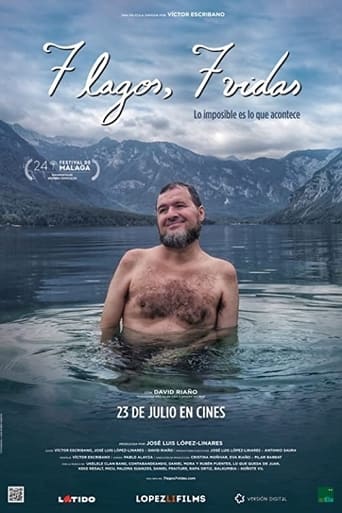
7 Lakes, 7 Lives
Not yet rated
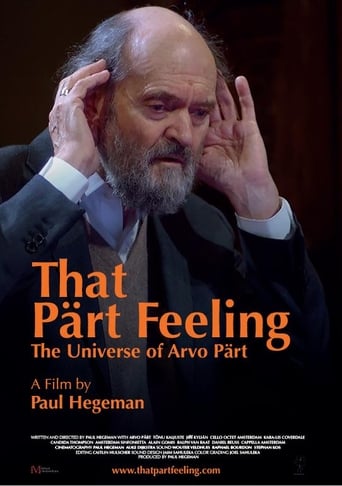
That Pärt Feeling
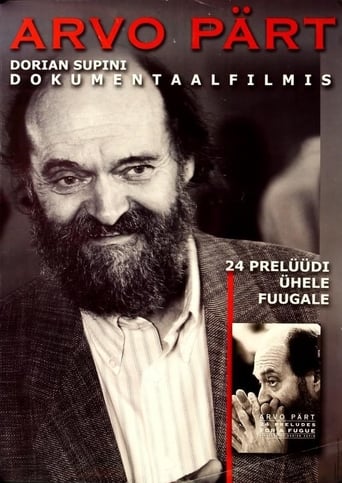
Arvo Pärt: 24 Preludes for a Fugue
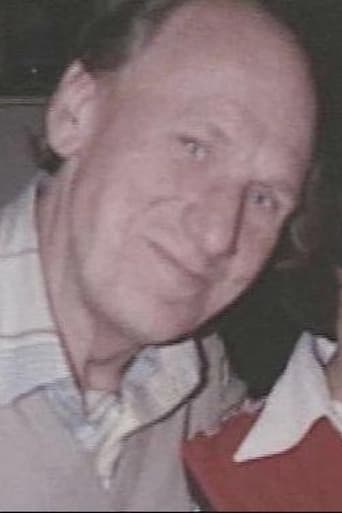
Grisha
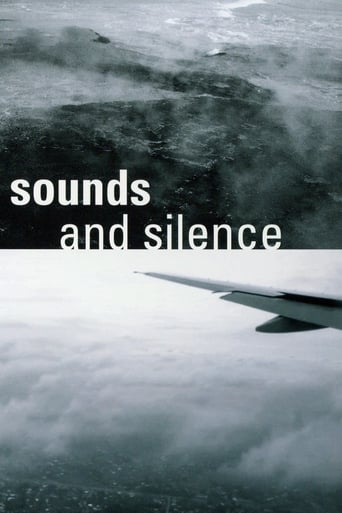
Sounds and Silence - Travels with Manfred Eicher
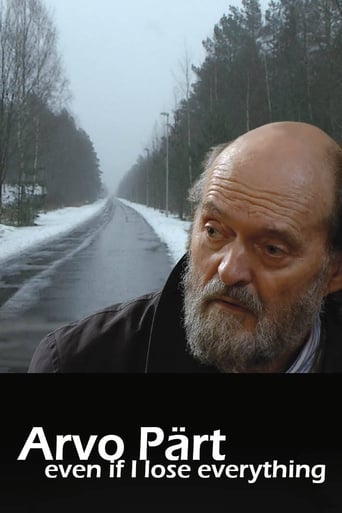
Arvo Pärt: Even if I lose everything
Not yet rated
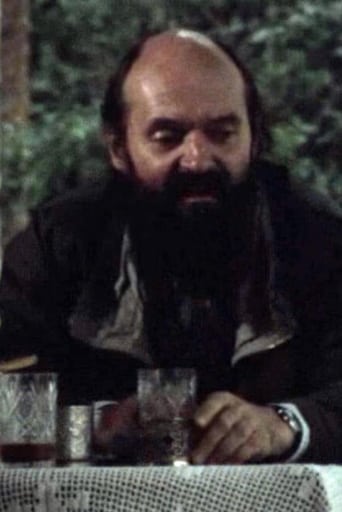
Arvo Pärt: And Then Came the Evening and the Morning
Not yet rated
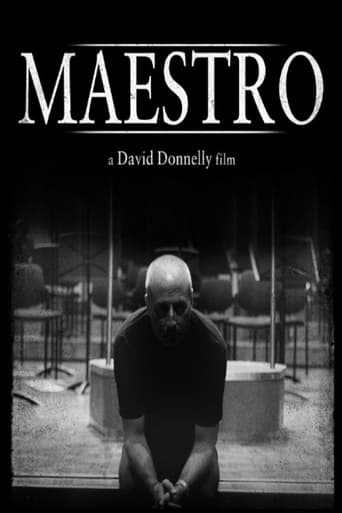
Maestro
Not yet rated

Arvo Pärt in November 1978
Not yet rated